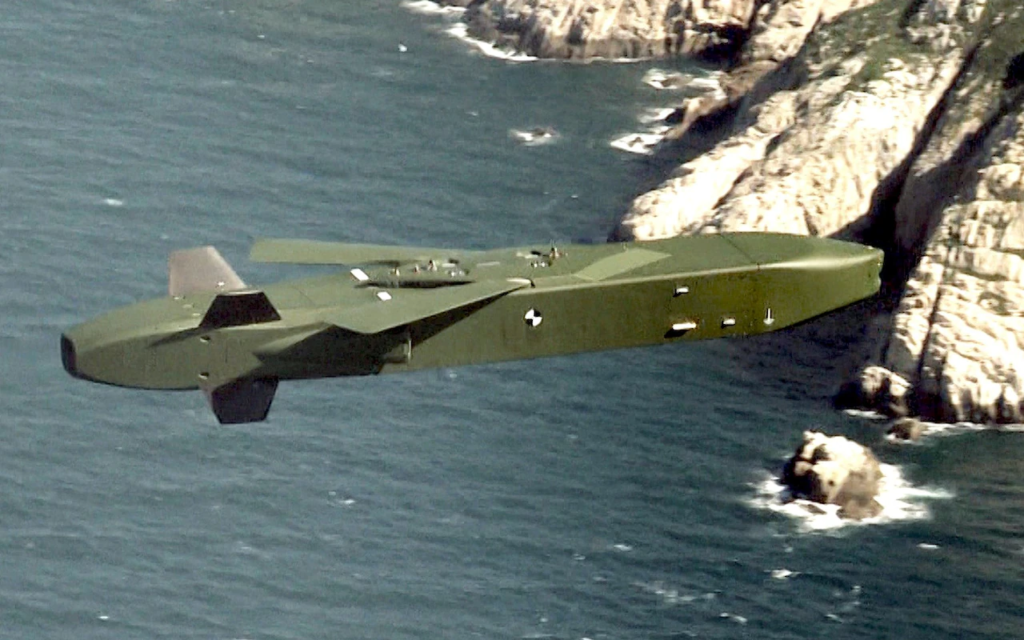Berlin, Germany — Germany’s plans to send long-range Taurus missiles to Ukraine are in limbo, with political divisions inside the country’s incoming coalition government and the lack of a clear endorsement from Britain threatening to derail the controversial weapons transfer.
Senior Christian Democrat MP Roderich Kiesewetter has warned that unless the United Kingdom signals firm support soon, Germany may have to shelve the idea altogether. His remarks underscore the growing friction between the centre-right Christian Democrats (CDU) and their coalition partners, the centre-left Social Democrats (SPD), as Chancellor-in-waiting Friedrich Merz attempts to carve out a new, more assertive foreign policy direction.
“The Taurus delivery remains a point of contention,” Kiesewetter said. “I do not see any consensus here, especially as the parties have not agreed on key security policy issues in the coalition agreement.”
Kiesewetter suggested that diplomatic pressure from London could play a crucial role in breaking the deadlock in Berlin.
“Any influence by UK leadership to finally convince Germany to deliver Taurus might help and is highly welcomed,” he added.
British and French Cooperation Key to Green Light
Mr. Merz, who is set to replace outgoing Chancellor Olaf Scholz, recently stated in an interview that Germany would only proceed with the delivery if its European allies were fully aligned.
“Our European partners are already supplying cruise missiles,” Merz said. “The British are doing it, the French are doing it, and the Americans are doing it anyway… This must be jointly agreed. And if it’s agreed, then Germany should take part.”
While the UK has already provided Ukraine with Storm Shadow cruise missiles and France has supplied SCALP missiles, Germany has resisted sending the Taurus — a longer-range, more powerful missile system capable of hitting targets deep inside Russian-held territory, including potentially the Kerch Bridge in Crimea or even military infrastructure in Moscow.
SPD Resistance Threatens Momentum
Despite Merz’s toughened rhetoric and apparent shift toward a more forceful European security posture, SPD officials have thrown cold water on the idea. The party’s leadership continues to cite “confidential national security reasons” for withholding support, echoing the cautious stance taken by Scholz throughout his term.
“There are many good arguments against the delivery, as well as some in favor,” the SPD said in a statement following Merz’s announcement, seeking to temper public expectations.
Boris Pistorius, the current Defence Minister and a member of the SPD, is expected to remain in his role under the new government — further complicating Merz’s push to deliver Taurus missiles to Kyiv.

Strategic Implications and Putin’s Advantage
Kiesewetter argues that the failure to act decisively has already cost Ukraine dearly and has only emboldened Russian President Vladimir Putin.
“The delay and blockade of the delivery of this far-reaching system by Chancellor Scholz was a major mistake… It weakened European security and led to more victims in Ukraine,” he said. “Taurus is and remains a very effective means of destroying Russian command structures and supply routes.”
He added that it is imperative for Merz to act swiftly and without preconditions, describing the missiles as critical for enabling Ukraine to disrupt Russian advances and strengthen its defensive capabilities.
What Comes Next?
Whether Germany will move forward hinges not just on internal coalition negotiations but also on signals from its NATO allies — particularly the UK. So far, the British government has not publicly commented on Kiesewetter’s remarks or Merz’s request for allied consensus.
As Ukraine braces for a renewed Russian offensive and Western unity continues to be tested, Germany’s stance on Taurus may prove to be a defining moment for the incoming government — and for Europe’s broader security architecture.
Read Also: Germany, Austria freeze Syrian asylum applications
Read Also:UK bolster Ukraine’s military support with £450m to deter Russian aggression



